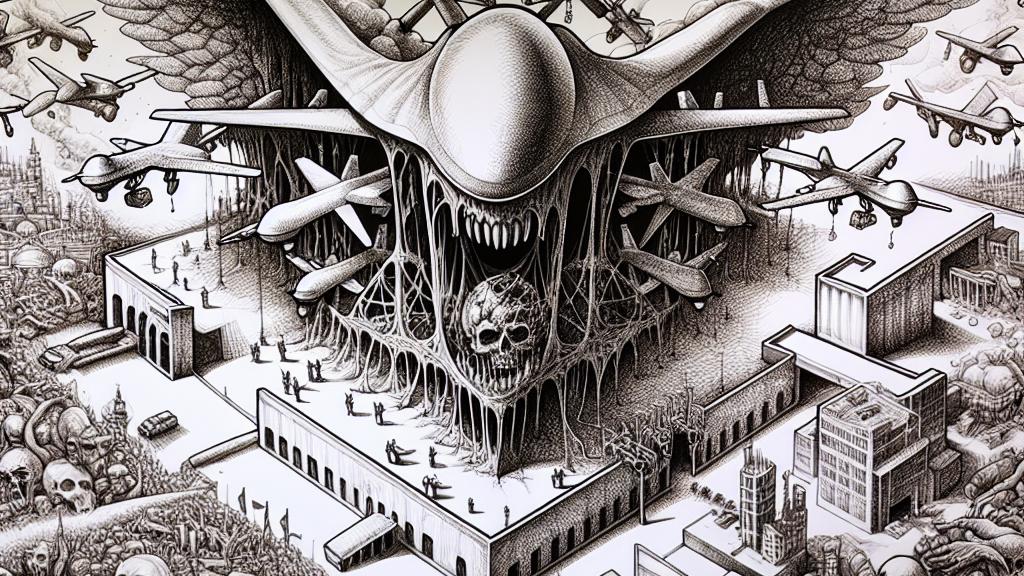Proof of China's Arms Production for Russia's Military
Overview
- The EU reveals damning evidence of armed drone production in China intended for Russia.
- Growing concerns over China's military support for Russia amidst escalating Ukraine conflict.
- The EU is contemplating serious diplomatic actions to address and counter these findings.

EU's Compelling Evidence
In an astonishing twist that has sent shockwaves through the international community, the European Union has confirmed what it calls 'conclusive evidence' indicating that armed drones are being manufactured for the Russian military in China's Xinjiang region. This revelation raises immediate questions about China's role in the ongoing Ukraine conflict. As EU foreign ministers convened in Brussels, the atmosphere was charged with urgency; there was a palpable tension as they deliberated on potential responses to this serious breach of trust. Furthermore, while it remains unclear whether this production received Beijing’s explicit endorsement, many diplomats are convinced that such significant military operations would require a nod from the central government. This troubling allegation starkly contradicts China’s longstanding claims of neutrality in the conflict.
Shifting Dynamics in China-Russia Relations
The implications of these developments are profound and multilayered. For instance, U.S. intelligence assessments indicate that while China has not openly exported lethal weapons to Russia, it has been crucially supplying vital materials and technology, which significantly enhance Russia's military capabilities. These include dual-use technologies—equipment that can serve both civilian and military functions—that bolster Russia's ongoing war efforts. The landscape of global diplomacy is evolving as this alleged partnership between China and Russia solidifies, posing serious concerns for Western nations. As Russian forces adapt their tactics in Ukraine, it is clear that China's involvement plays a pivotal role in maintaining Russia's military operations, effectively altering the balance of power on the battlefield.
Navigating A Complex Diplomatic Landscape
Faced with this alarming revelation, the European Union must now navigate a treacherous diplomatic landscape. Calls for implementing serious consequences are gaining momentum, urging the EU to impose sanctions that could address China's complicity in this increasingly troubling situation. The challenge lies in balancing the need for accountability with the importance of sustaining economic relations with a vital trading partner like China. This precarious balancing act is crucial; not only must the EU respond firmly to uphold international norms, but it must also ensure that such actions do not escalate tensions into a broader conflict. Therefore, as global leaders ponder their next steps, the pressing question remains: how will they effectively address these emerging threats while maintaining the delicate fabric of international relations?

Loading...